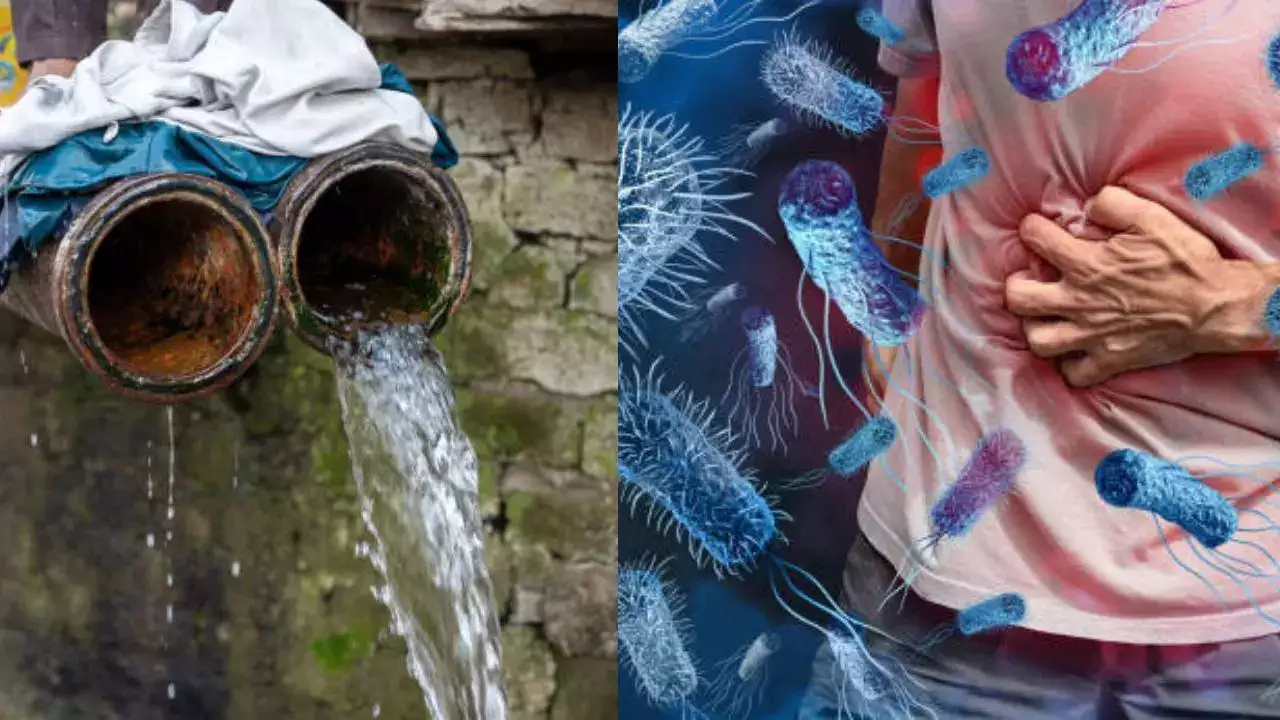Ashima Sharda Mahindra • 26 Mar 2025
Easy Ways To Prevent Waterborne Diseases in Kids This Summer

Most illnesses get aggravated due to water, caused by pathogenic microorganisms that get transmitted
Come summer and with a host of diseases, which mostly affect children and elderly people, along with those who have low immunity. According to doctors, most conditions get aggravated due to water—caused by pathogenic microorganisms that get transmitted, posing a significant public health risk.
What are waterborne diseases?
Waterborne diseases are illnesses caused by pathogenic microorganisms such as bacteria, viruses, parasites, and fungi that are transmitted through contaminated water. These pathogens enter your body through ingestion of contaminated water, consumption of contaminated food washed in water, or through contact with contaminated water during activities like swimming or bathing.
“During summer, the risk of waterborne diseases rises due to water scarcity and contamination. Stagnant or improperly stored water can become a breeding ground for bacteria and viruses. This increases the likelihood of illness, especially among children as their immunity is more vulnerable during summer,” Dr. Vinay D, Consultant, Infectious Diseases, Apollo Hospital, told Times Now.
Common waterborne diseases include cholera, typhoid fever, hepatitis A, and dysentery. Improper sanitation, lack of access to safe drinking water, and inadequate hygiene practices contribute to the spread of these diseases, particularly in areas with limited water treatment and sanitation infrastructure.
How to prevent the risk of waterborne diseases?
It is important to prioritise safe water consumption, and for that, according to Dr. Vinay, a few steps you can take include:
Drink pure and safe water
“Use properly filtered water by boiling and storing it in clean and closed containers, or opt for pre-packaged water from reliable sources,” said Dr. Vinay. You can install a water filter or purifier at home to remove harmful bacteria and viruses.
Practice good hygiene
It is important to properly wash your hands to prevent the spread of waterborne diseases—with soap and clean water—before eating, after using the toilet, and after handling animals or waste. Always encourage children to follow good hygiene practices consistently.
Store water properly
Store water in clean, covered containers to prevent contamination by insects, dirt, or other pollutants. Avoid reusing containers that may have previously held chemicals or non-food substances without thorough cleaning. “Regardless of age, the key to preventing waterborne illnesses lies in ensuring access to safe drinking water and maintaining proper storage practices,” said Dr. Vinay.
Vaccination
Vaccines provide protection against many waterborne diseases like cholera and typhoid fever. Check with your doctor about recommended vaccinations before travelling to areas with known waterborne disease risks.
Ensure food safety
Wash fruits and vegetables thoroughly with clean water before eating or cooking them. Avoid consuming raw or undercooked seafood, especially from questionable sources, as it may harbour waterborne bacteria or parasites.
Get Latest News Live on Times Now along with Breaking News and Top Headlines from Health and around the world.